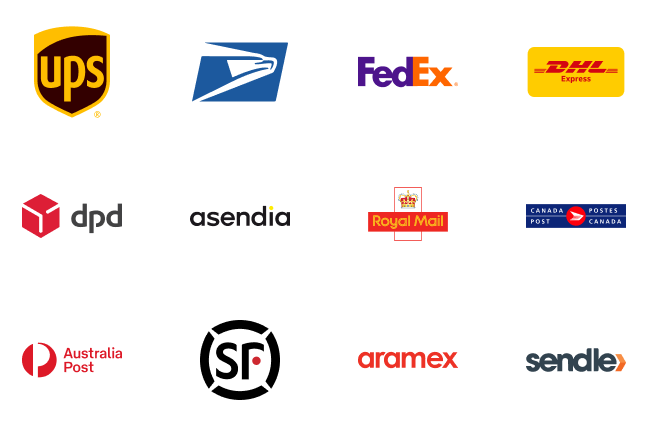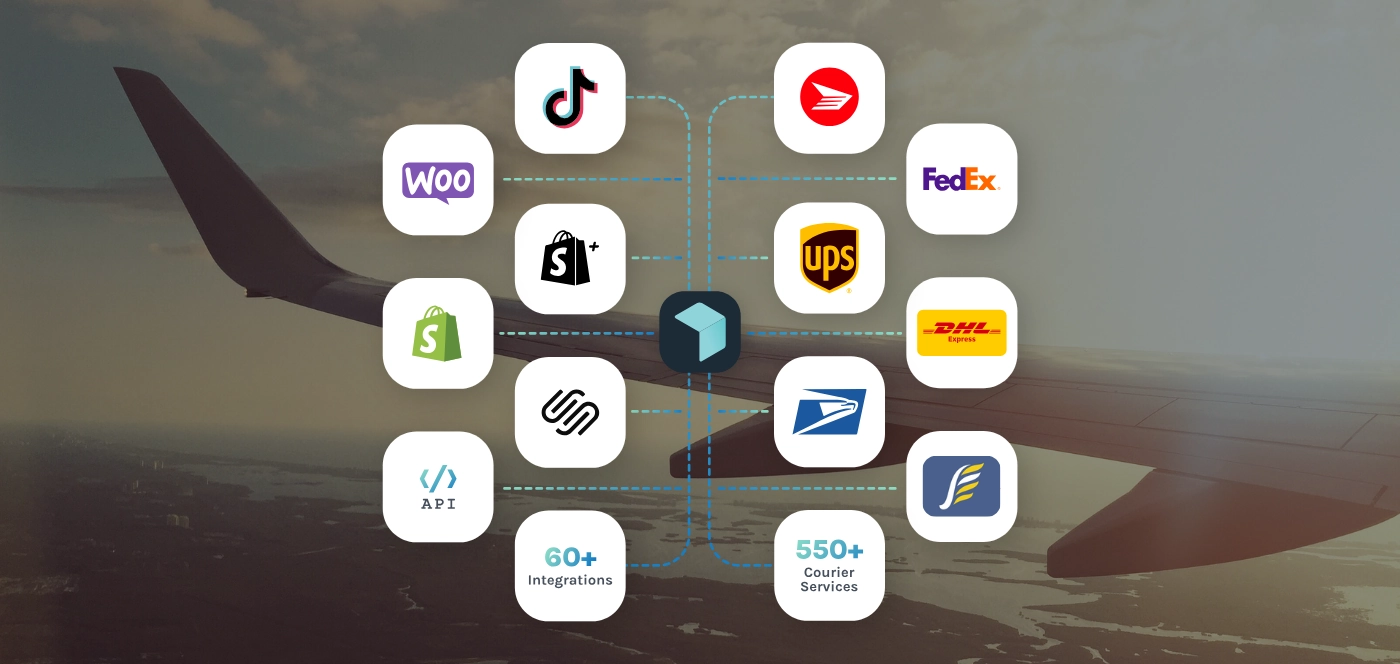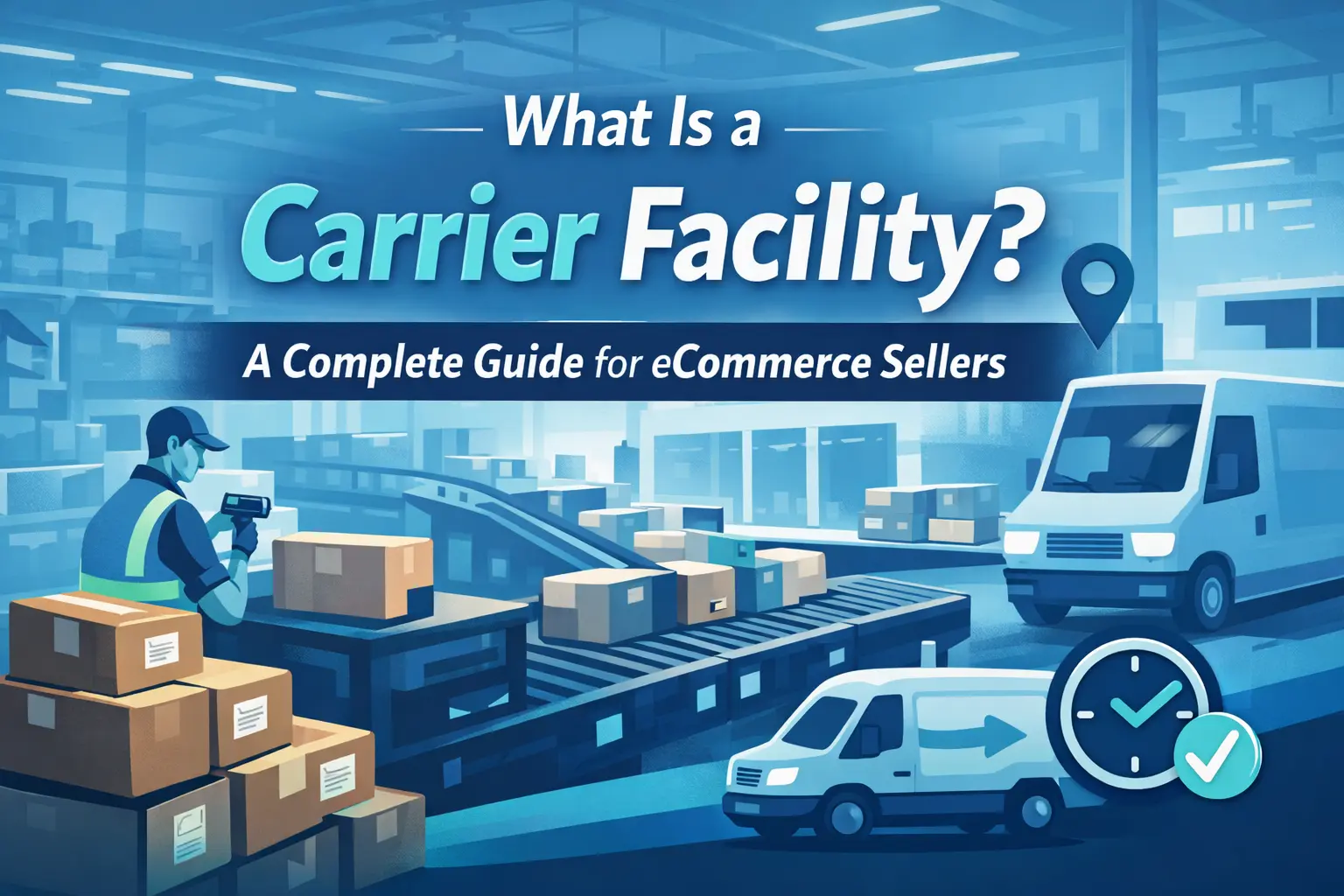As a retail business owner, you’ll already be dealing with a variety of consumption taxes, including GST. Each type of tax comes with its own unique attributes and requirements and GST is no different. Understanding how this type of tax works is essential, especially if you offer your goods and services to people living in other countries.
What is GST?
Goods and services tax is a form of value-added tax levied on most products sold to the general public. This particular tax is usually paid by consumers; it is then passed on to the government by the business offering the goods and services. In a nutshell, the goods and service tax is another source of revenue for the government.
It is considered an indirect sales tax that is applied to certain goods and services. When consumers purchase these products, they have to pay the sales price of the products plus the GST. In some countries, this type of tax is also referred to as Value-Added Tax (VAT), even though there are subtle differences between the two types of taxes.
GST Versus VAT
Even though these two taxes seem alike, they are different. While VAT is a consumption tax that is levied on products based on the level of value-added at each stage of the products’ supply chain - from production to the point of sale - goods and services taxes are levied regardless of the value-added at every step of the product’s supply chain. Most businesses will use a standard GST calculator to figure out a flat-rate percentage for each transaction.
Which Countries Have This Tax?
Although many countries have adopted the GST system, France was actually the first country to adopt and implement the tax in 1954. Now, some 160 countries use this tax system, including:
- Australia
- Albania
- Argentina
- United States
- Canada
- United Kingdom
- Spain
- Monaco
- Austria
- Armenia
- United Arab Emirates
- Trinidad and Tobago
- Singapore
- Vietnam
- Italy
- Brazil
- Nigeria
- India
- South Korea
- Zimbabwe
How Do I Calculate GST?
As stated earlier, this tax is usually calculated based on a stipulated flat-rate percentage of the total sales price of a product. While some countries charge as much as 30% for their goods and services tax rate, some charge as little as 1%-7%. Here are a few examples:
- Austria: 19%-20%
- Japan: 8%
- South Korea: 10%
- Nigeria: 5%
- US: 0%-7.25%
- UK: 20%
Do I Have to Register?
When it comes to tax registration, the law stipulates that any business that sells tangible personal property at retail or furnishes any taxable service should register for GST. By registering for this tax, the business can also obtain a sales tax license, certificate, or permit, which serves as an express permission to sell services to consumers.
It’s important to know that the tax registration requirement varies between states and countries. GST registration is mandatory for businesses whose taxable profits exceed $1 million. For companies whose taxable profits don’t exceed this threshold, registration is not mandatory; you’ll have to consider whether registering is in the best interests of your business.
What is GST Exemption?
While many businesses will need to register for GST, there are certain cases where your company may be approved to be exempt from the tax. When the aggregate turnover of a business is less than a specific amount, they may be able to apply for an exemption.
In some cases, exemptions can also be grated based on the type of product being purchased, the aim of buying the product, or the type of transaction being carried out. The specific circumstances under which an exemption may be granted are stated within the tax statute.
The Effect of GST on eCommerce
At the moment, many businesses and consumers prefer to conduct their transactions online. That’s because digital transactions are easily accessible to most people and cover a variety of goods, services, and budgets. This is why it’s also important to understand the impact of goods and services tax rates on eCommerce. Here are some of the most important effects:
- Prevention of cascading of taxes
- Harmonization of laws, procedures, and rates relating to tax
- Improved investment climate
- Reduction of the tax burden on businesses.
Types of Goods that Incur GST
Not all types of products incur goods and service tax, though there’s no hard and fast rule about this. Some products which incur this tax include:
- Electronic appliances
- Luxury cars
- Tobacco products
- Aerated drinks
- Precious stones
How to Ace Goods and Services Taxes
Knowing how consumption taxes like GST work is the key to efficiently running your business. However, because different countries use different systems, it can be tricky to ensure that you fully tax compliant. That’s where Easyship can help. Our platform offers a full suite of tools that are designed to help you address tax and shipping taxes and duties.
Sign up for a free Easyship account now to start figuring your taxes out.
{{ watch-out-for-international-duty-and-tax }}















































.svg)
.svg)






.avif)
.avif)

.avif)
.avif)


.avif)


.avif)










.avif)
.avif)



.avif)
.avif)


.avif)
.avif)


.avif)



.webp)







.svg)





